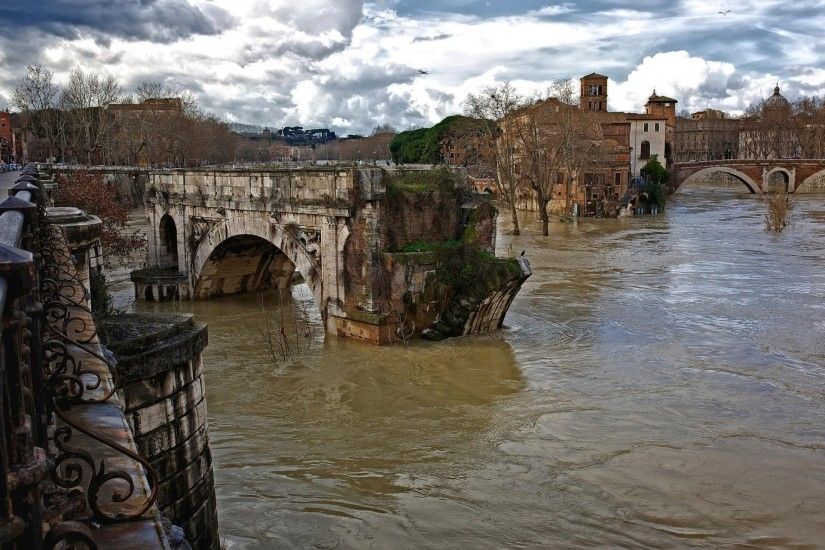
So, everything you will encounter is a real part of that time! Jonric: When and where does the game take place, how historically accurate are the setting and backstory, and how linear will the game be? Torsten Hess and Ingo Horn: As we are over 12 months prior to the release, we cannot answer every aspect of your questions, because we are still in development of the missions and some enhancements of the storyline. Also, we did not implement any fantasy or scientific elements in the game, like magic or gods. With Sparta, we have put much effort into research about the time, and living and dying in those days. In the past, many games were set in such scenarios, but were freer in terms of storyline, characters and units. It is new for the genre of RTS games that actual events and historical facts will be the base for such a game. The name Ancient Wars has been chosen to establish a brand for potential future RTS games like Sparta, but with different historical content.
#X fire ancient wars sparta free
As there are no unit limitations, you are totally free to develop your own state. But as there are also peaceful times, we put much emphasis to achieve a high level of detail, lovely animations of all units and a believable scenario. Besides battles, you will encounter economic aspects in terms of harvesting resources needed to enlarge your empire and build up new settlements and also military equipment. Jonric: What mix of RTS gameplay will Sparta provide? And are you willing to say anything more about it starting an Ancient Wars series? Torsten Hess and Ingo Horn: Sparta - Ancient Wars will simply deliver every kind of aspect RTS players enjoy. Of course, we can list many other cultures that are absolutely eligible for upcoming sequels - but right now, we're focusing on the Spartans. In their high times, they ruled over the whole Peloponnesus, so it was obvious to give them the leading role in the first Ancient War game. The Spartans were known for their brilliant war strategies, new tactical ideas and, of course, for their strong fighters. Each campaign will have 12 to 14 missions and be connected to the others, so you will follow an intense, large storyline. We will have three campaigns, with three different races to be played. For RTS games, it is very important to create an intense and believable scenario with a realistic historical background. Battles were fought with such intensity - but still face to face. Jonric: Since it's obvious that Sparta - Ancient Wars has a historical theme, how did you arrive at the game's high concept? Torsten Hess and Ingo Horn: We think that the period of the battles in the Mediterranean region is one of the most interesting eras from a historical point of view. IMC Producer Torsten Hess and Head of Communication Ingo Horn agreed to tell us quite a bit more.

Battles will take place on both land and water, and the action will be rendered and controlled by a proprietary engine designed specifically for the genre and incorporating the latest generation of advanced technology. Another is that three campaigns are planned, each from a different point of view. Among the various things we did learn then, one was that we can look forward to at least 30 missions. At that time, consultant firm IMC garnered attention by providing the usual list of key elements, features and facts, but with one standard piece of information omitted, that being the identity of the developer, only recently revealed to be World Forge. Sparta - Ancient Wars is a striking real-time strategy title announced in February. Ultimately, marauding Goths sacked the city around 395 AD. Roman times saw a return of prosperity, albeit without military dominance. Sparta emerged triumphant, but within only a few decades, fell to the Macedonians while Thebes gained ascendancy. Soon after, however, the rivalry grew even stronger, culminating in the Peloponnesian War from 431 to 404 BC. Setting aside their differences, the two fought together against a common enemy during the Persian Wars, which included a number of celebrated battles such as Thermopylae, Salamis and Plataea. By the early part of the 6th century BC, it had managed to attain the leading status in all of Greece, with only Athens as a serious challenger.


Located in a verdant, fertile valley, the famed ancient city-state of Sparta rose to prominence through the promotion of martial skills and the resultant prowess of its army.


 0 kommentar(er)
0 kommentar(er)
